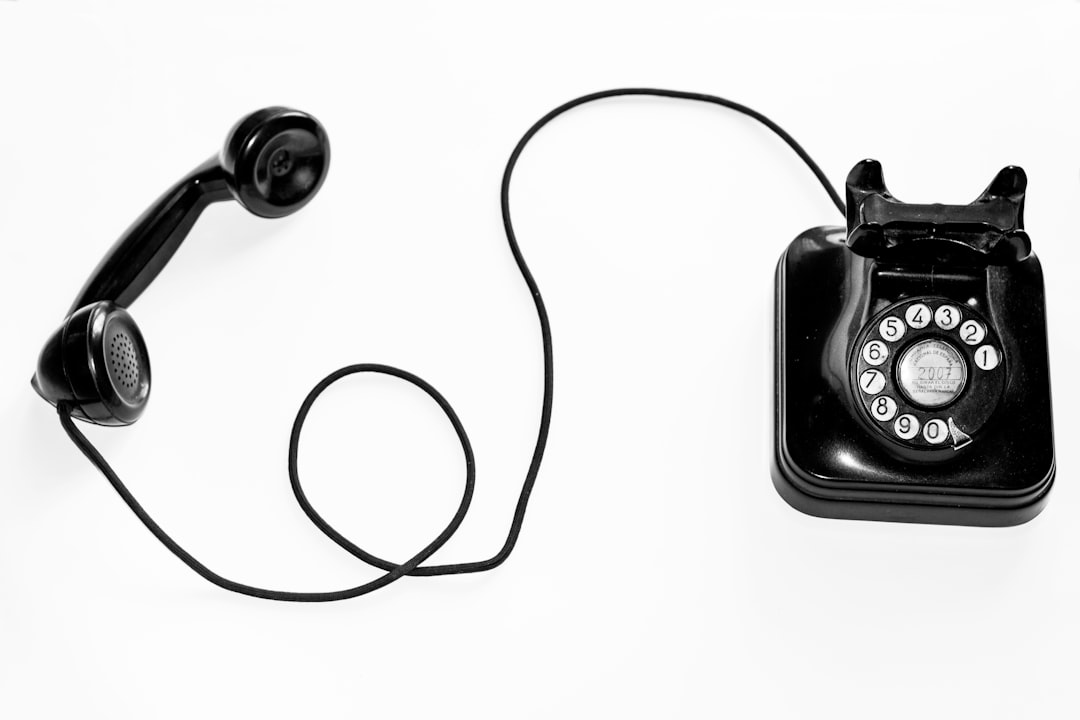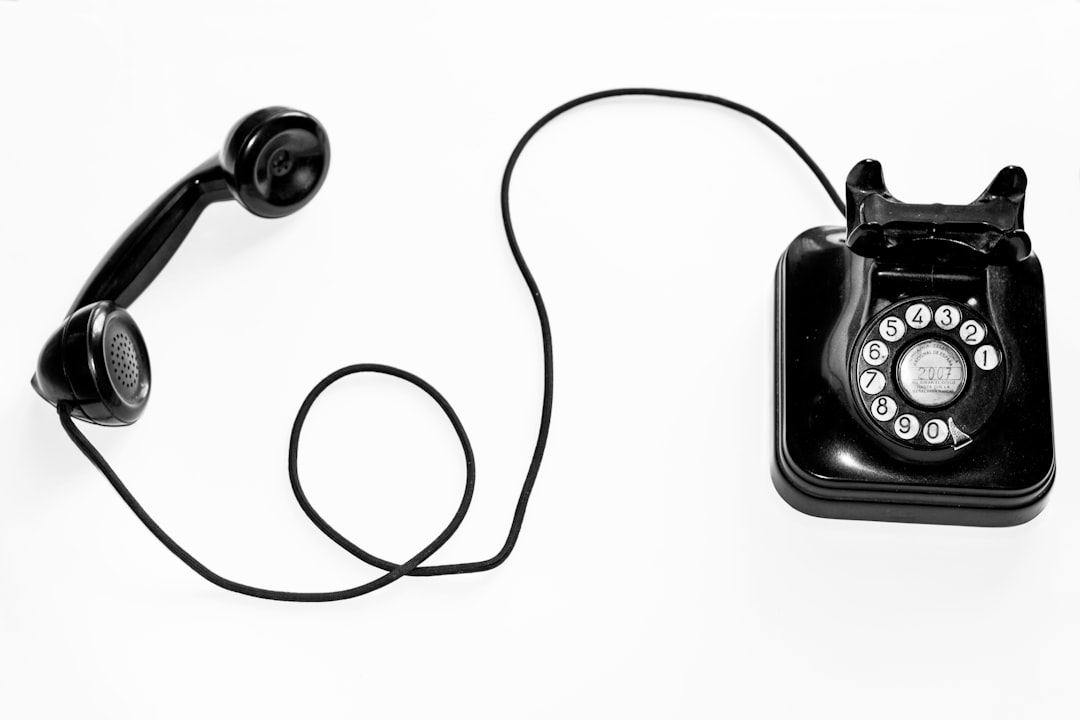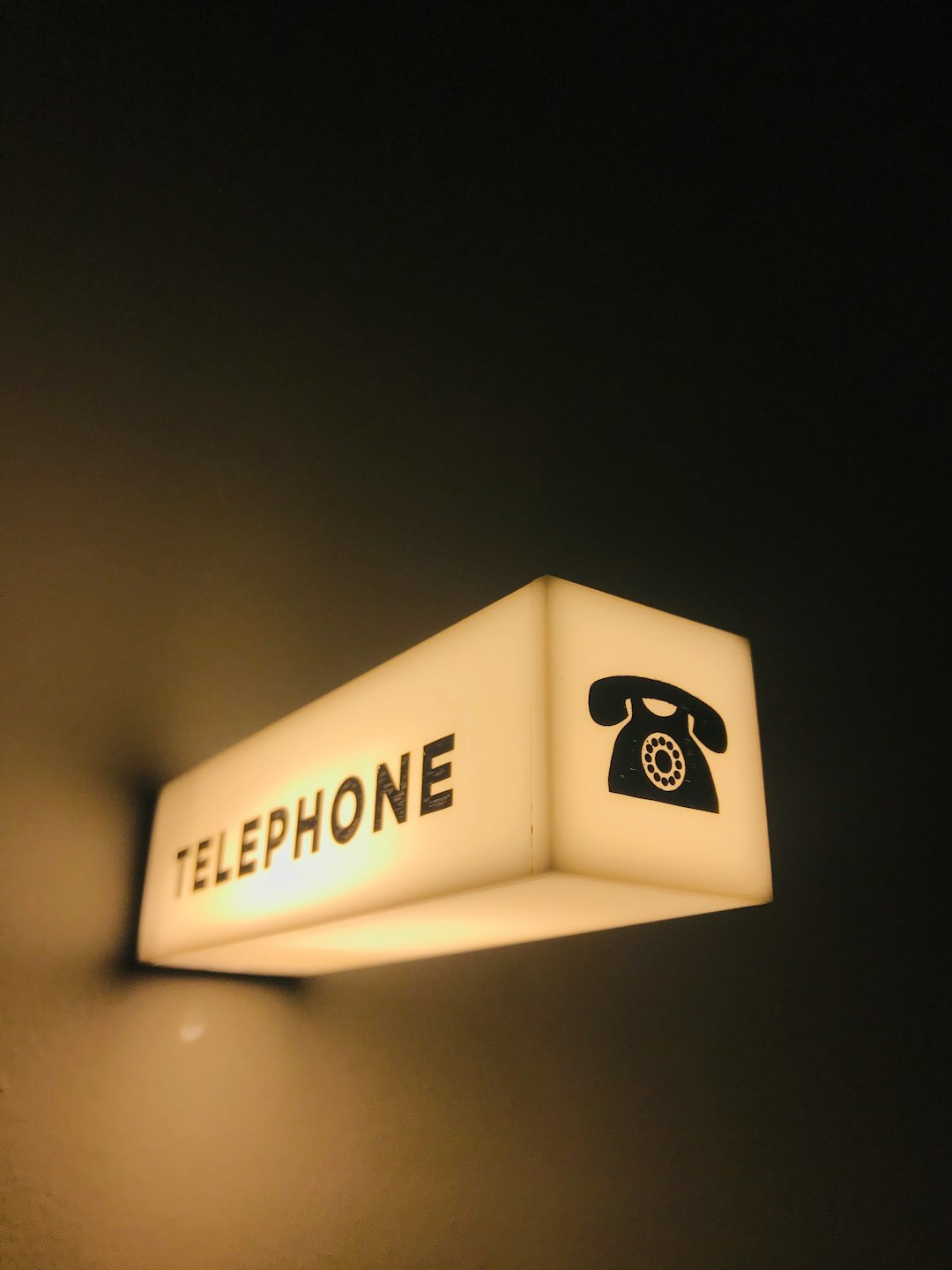Spoofed phone calls targeting Wisconsin residents have become a growing concern. These deceptive calls, disguised as local contacts, aim to trick recipients into revealing personal information or falling victim to scams. To protect yourself, identify spam calls by looking for red flags like repeated patterns and unusual volumes. Verify caller identity before sharing info, report suspicious numbers, and consult with a reputable Unwanted Call Lawyer Wisconsin or Unwanted Call Attorney Wisconsin if you suspect fraudulent activities. Federal and state laws, including the TCPA and UDPA, restrict telemarketers and protect consumers from deceptive practices. Proactive measures include blocking suspicious numbers and using your phone's built-in call blocking features. Persistent spoofing requires legal guidance to understand your rights and available remedies.
In today’s digital age, Wisconsinites are increasingly targeted by spoofed phone numbers, leading to unwanted and disturbing calls. Understanding these malicious tactics is crucial to protect yourself and your loved ones. This article delves into the world of spoofed phone numbers, providing insights on identifying common patterns, exploring legal protections available in Wisconsin, and offering best practices to mitigate such threats. Whether you’re seeking an unwanted call lawyer Wisconsin or want to learn more about spoofs, this guide equips you with essential knowledge to navigate this modern-day challenge.
Understanding Spoofed Phone Numbers and Their Impact on Wisconsin Residents
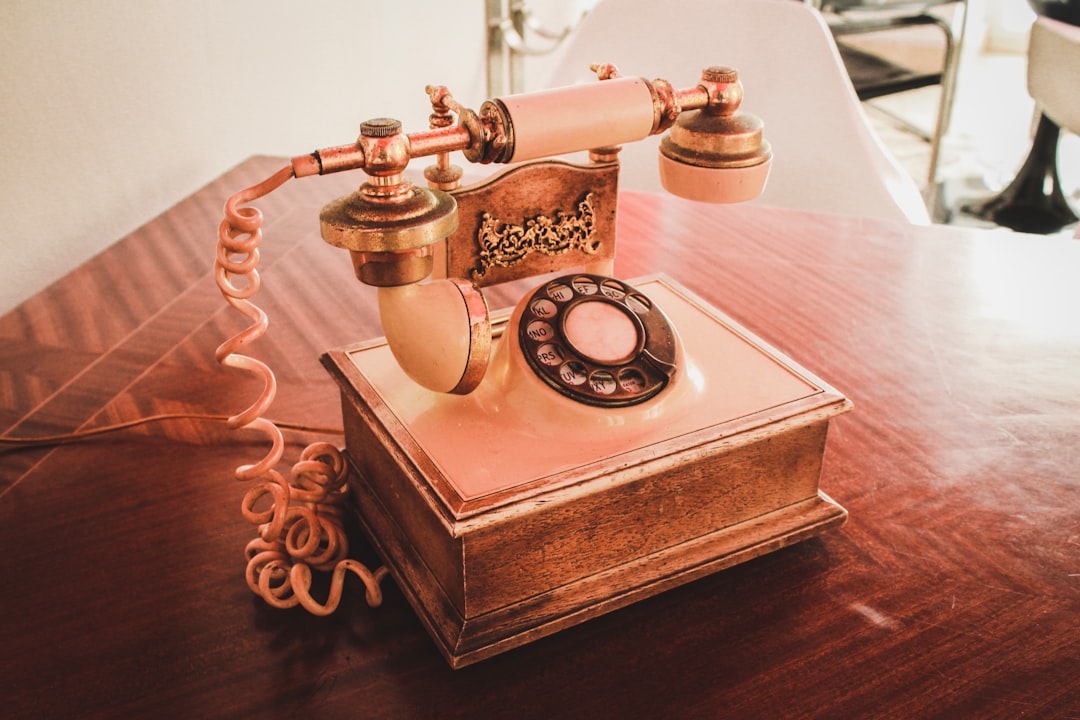
Spoofed phone numbers have become a growing concern for residents across Wisconsin and beyond. These deceptive calls, often disguised as local or familiar contacts, are designed to trick recipients into providing personal information or falling victim to scams. The impact on Wisconsinites can be significant, leading to feelings of vulnerability and frustration, especially when targeted repeatedly by these unwanted intrusions.
Many residents may not realize they’ve been targeted until they receive suspicious calls from unknown numbers. These spoofed calls often mimic emergency services, government agencies, or even friends and family members, making it difficult for recipients to discern their authenticity. As the prevalence of such scams increases, Wisconsin residents are encouraged to seek legal assistance from a qualified unwanted call lawyer in Wisconsin or consult with an unwanted call attorney to understand their rights and available remedies against these deceptive practices. Reputable unwanted call law firms in Wisconsin can provide expert guidance on dealing with spoofed phone numbers and help protect individuals from potential scams.
Identifying Common Patterns and Red Flags in Spam Calls

Identifying common patterns and red flags in spam calls is a crucial step to protect yourself from potential scams targeting Wisconsinites. Often, these unwanted calls display local area codes, aiming to appear legitimate by mimicking regional numbers. However, closer inspection might reveal repeated calling patterns or unusual call volumes from a single number. Some calls may also use automated systems, playing pre-recorded messages that request personal information or direct you to press specific buttons. These are classic signs of spam calls.
Additional red flags include calls claiming to be from official sources, such as banks or government agencies, demanding immediate action or threatening consequences for non-compliance. Unwanted call lawyers in Wisconsin emphasize the importance of verifying the identity of callers before sharing any personal details. If you receive such calls, it’s advisable to hang up, report the number to your service provider, and seek legal counsel from a reputable law firm specializing in unwanted calls if you suspect fraudulent activities.
Legal Framework and Reporting Options for Unwanted Calls in Wisconsin

In Wisconsin, the legal framework surrounding unwanted calls is primarily governed by state and federal regulations. The Telephone Consumer Protection Act (TCPA) at the federal level prohibits telemarketers from making calls using automated dialing systems or prerecorded messages to individuals who have not given explicit consent. Similarly, Wisconsin’s Unfair and Deceptive Practices Act (UDPA) restricts businesses from engaging in deceptive practices, including making misleading or unwanted phone calls.
If you’re facing a barrage of unwanted calls, there are several reporting options available. You can file a complaint with the Federal Trade Commission (FTC) online or through their dedicated telephone hotline. Additionally, the Wisconsin Department of Agriculture, Trade and Consumer Protection (DATCP) accepts complaints related to telemarketing and unsolicited phone calls. Engaging the services of an unwanted call lawyer in Wisconsin or consulting with an unwanted call attorney can also help you understand your rights and take appropriate legal action against persistent or abusive callers.
Protecting Yourself: Best Practices to Avoid and Respond to Spoofed Calls
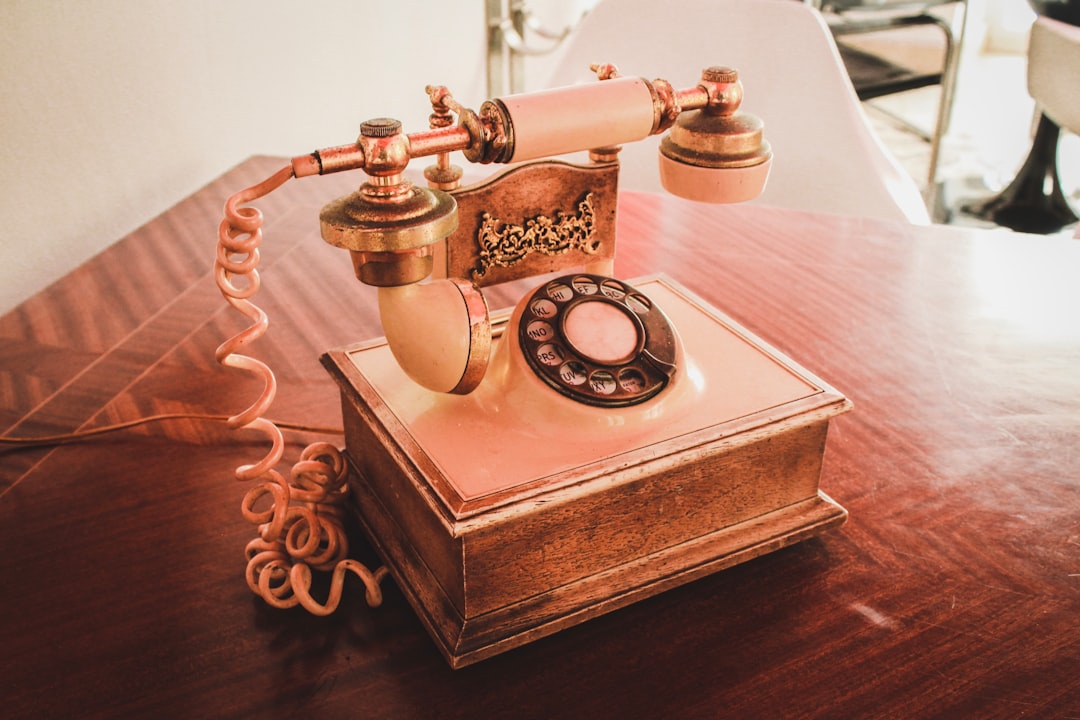
Protecting yourself from spoofed calls is a proactive step to avoid becoming a victim of fraudulent activities. Here are some best practices to safeguard against and respond to unwanted call scams targeting Wisconsinites.
First, be cautious when answering unknown numbers. Don’t provide any personal or financial information over the phone unless you have independently verified the caller’s identity. Many spoofed calls attempt to trick individuals into revealing sensitive data under false pretenses. Consider blocking numbers immediately after identifying them as suspicious. Additionally, familiarize yourself with your phone’s call blocking and identity protection features, which can significantly reduce the risk of receiving such calls. If you become a target of persistent or aggressive spoofing, consult with an unwanted call lawyer Wisconsin or an unwanted call attorney Wisconsin. They can offer guidance tailored to Wisconsin laws and help you understand your rights and available remedies against these fraudulent practices.

